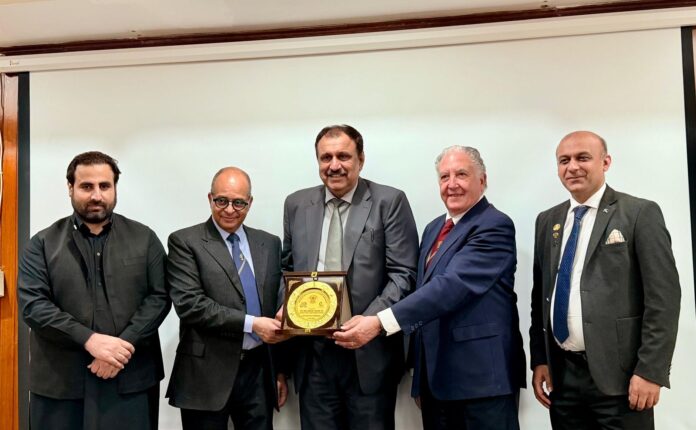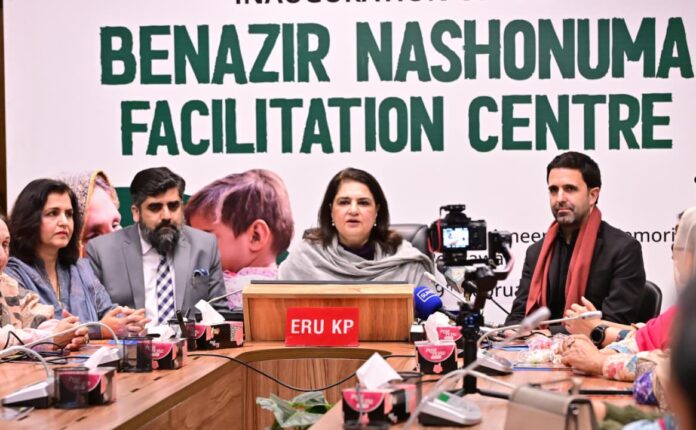In a recent statement, the Society for the Protection of the Rights of the Child (SPARC) shared statistics highlighting the significant burden tobacco use poses to Pakistan, both in terms of public health and economic costs. Instead of raising taxes on utilities such as electricity and gas, the government should prioritize raising taxes on cigarettes to reduce the burden of health costs and the economic crisis.
Malik Imran Ahmad, head of the Campaign for Tobacco Free Kids (CTFK), said that Pakistan faces a significant challenge in fighting the tobacco menace. He also presented statistics showing the high prevalence of tobacco use in the country, with 31.9 million adults (15 years and older) consuming tobacco products, representing about 19.7% of the adult population.
He further added that tobacco-related diseases such as cancer, diabetes and heart disease contribute to more than 160,000 deaths annually in Pakistan. These deaths not only affect individuals, but also have a wider impact on families, communities and the health care system.
Malik Imran has proposed an immediate FED hike of 30% in 2024, which can recover 19.8% of the cost, narrowing the gap between health burden and tax revenue. This tax proposal represents a clear “win-win” in terms of health and revenue for the government and people of Pakistan. In addition, the recently launched cigarette tracking system is expected to reduce counterfeiting, curb tax evasion and maintain accountability.
Also read: How eggs, salad unleash potent nutrient synergy?
Dr. Khalil Ahmad, SPARC’s program manager, emphasized that low cigarette prices are the reason why children and youth start smoking. He added that smoking-related diseases and deaths represent a significant economic cost, amounting to 1.6% of Pakistan’s GDP each year.
These costs include health care expenditures, lost productivity due to illness and premature death, as well as other indirect economic impacts. In addition, he discussed that the tobacco epidemic requires comprehensive strategies involving public health interventions, strict tobacco control policies and information campaigns.
By combating tobacco use, Pakistan can mitigate the economic losses associated with smoking-related diseases, potentially reduce the burden on its health system, and protect youth from the harms associated with tobacco use.







